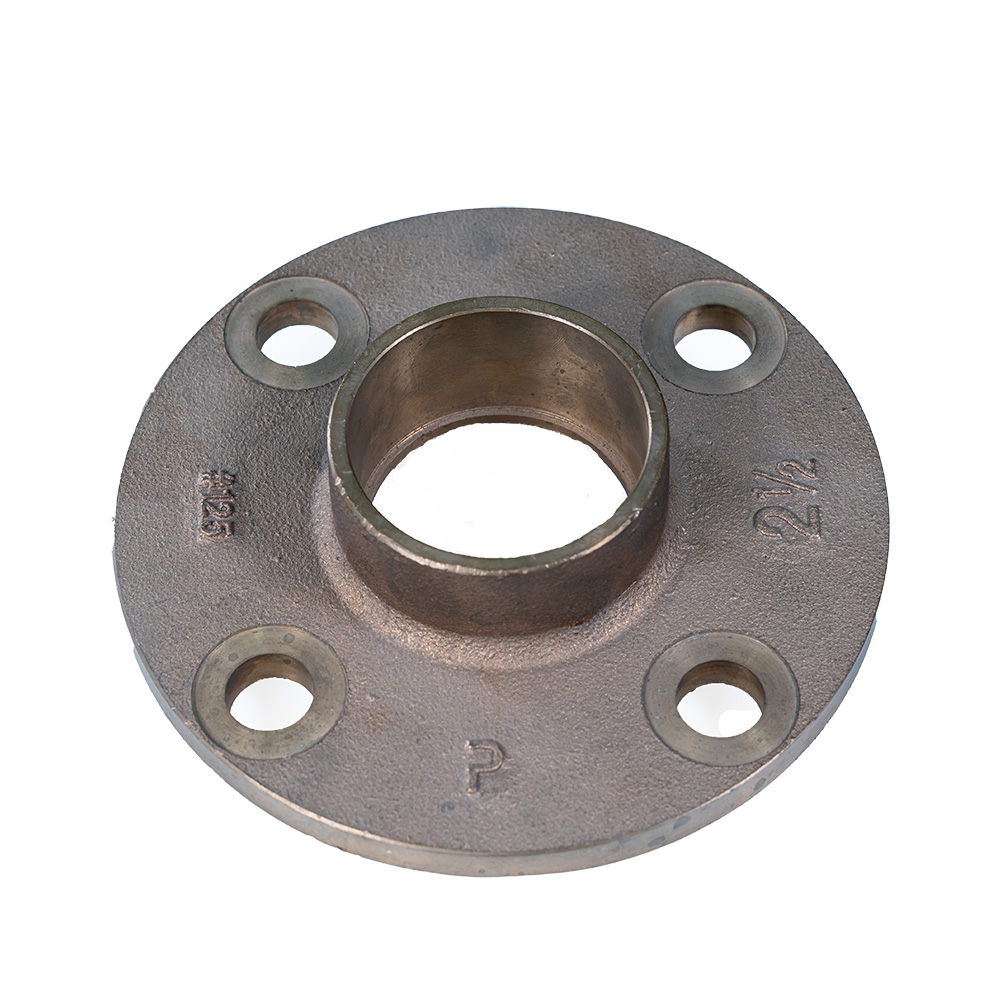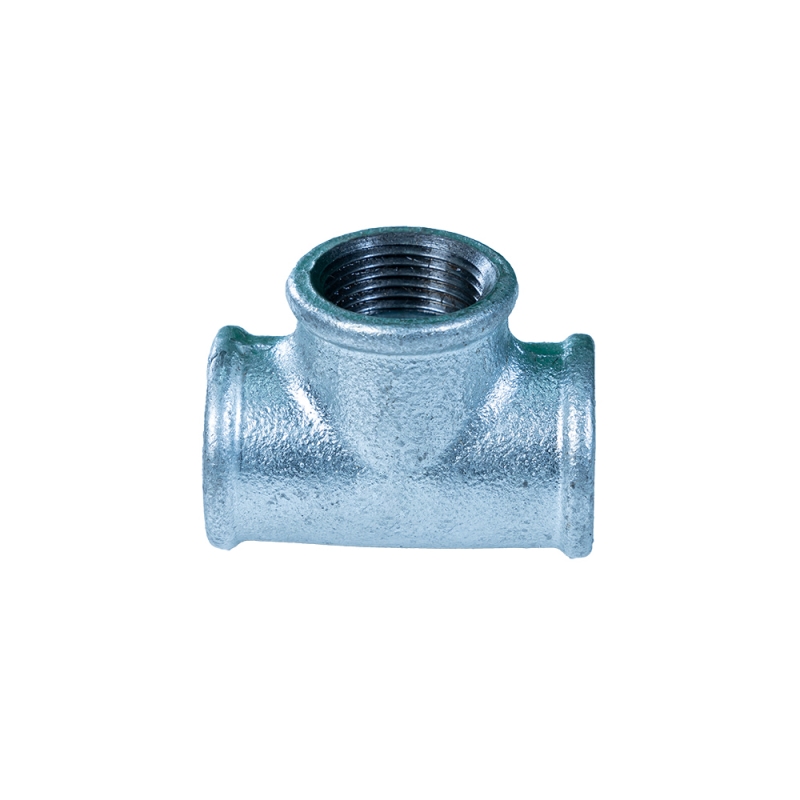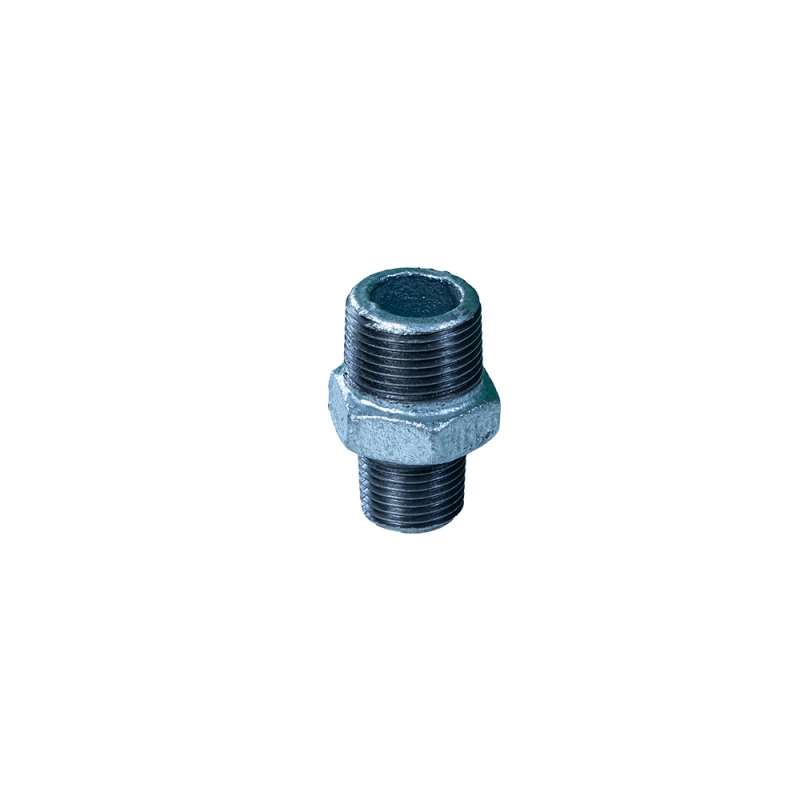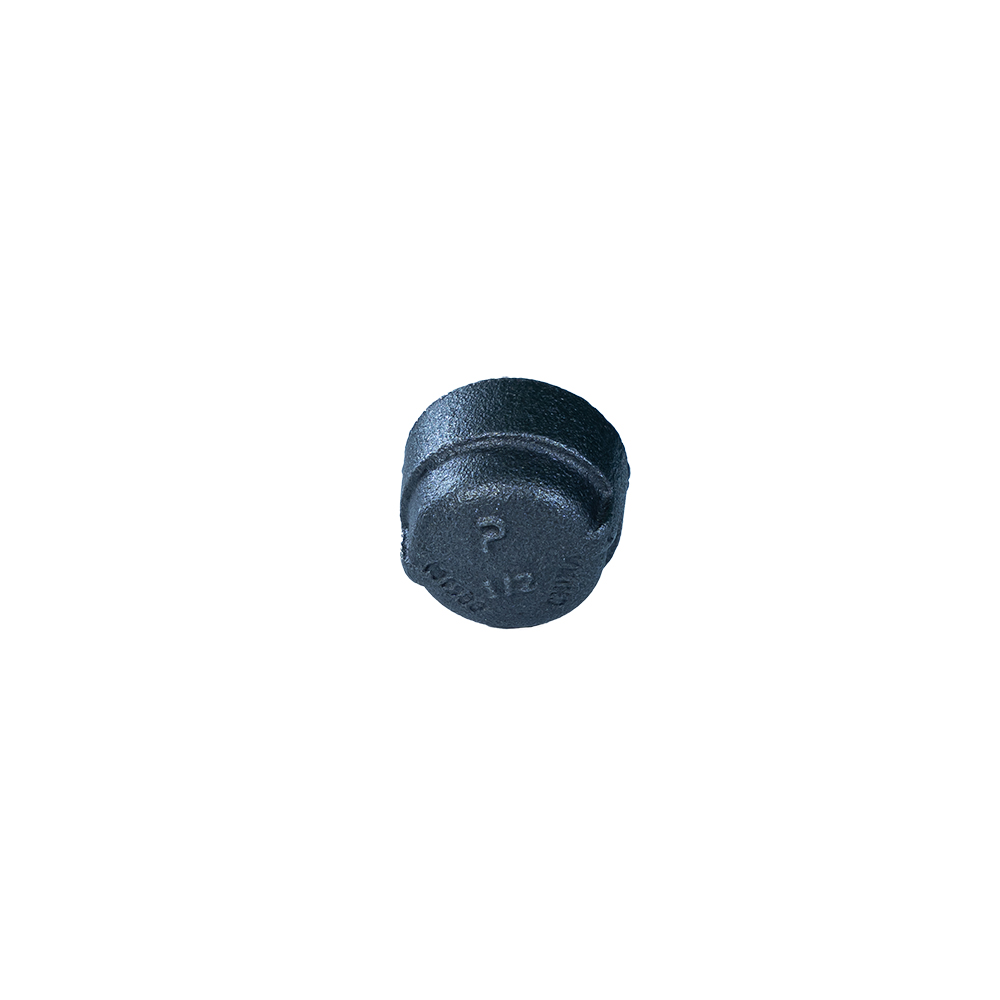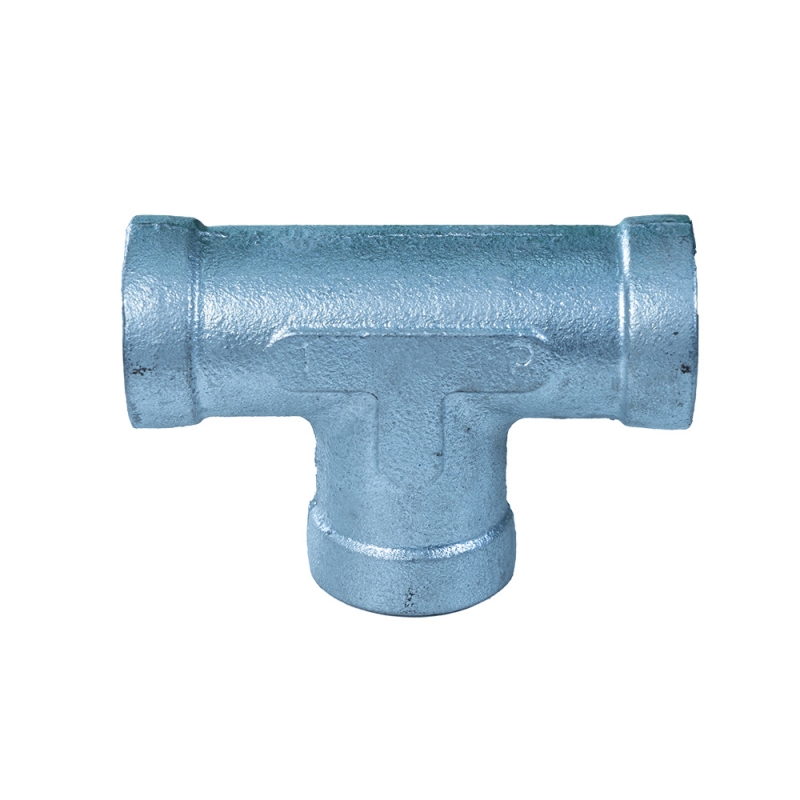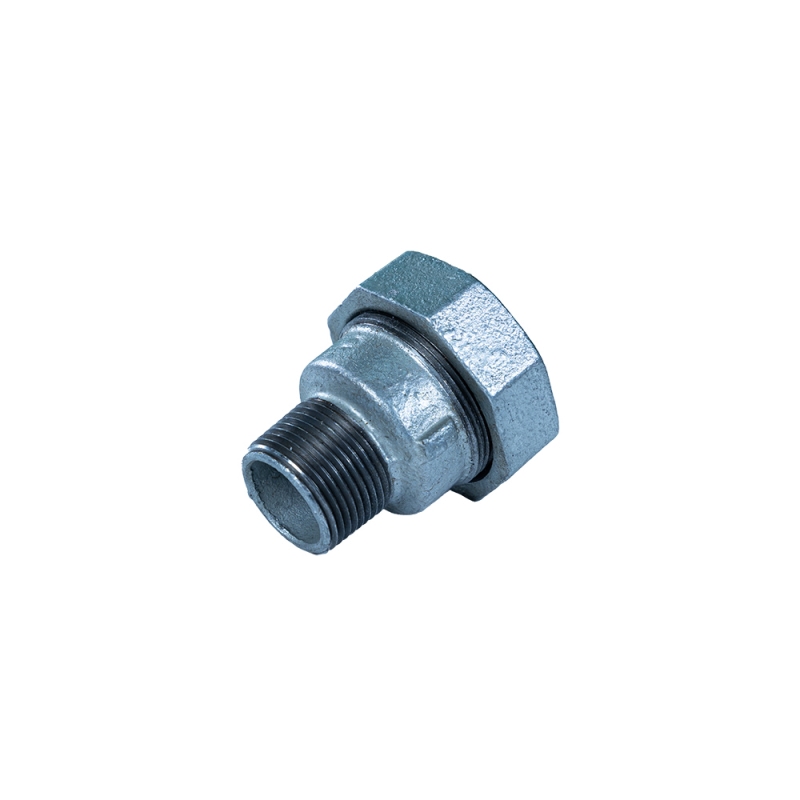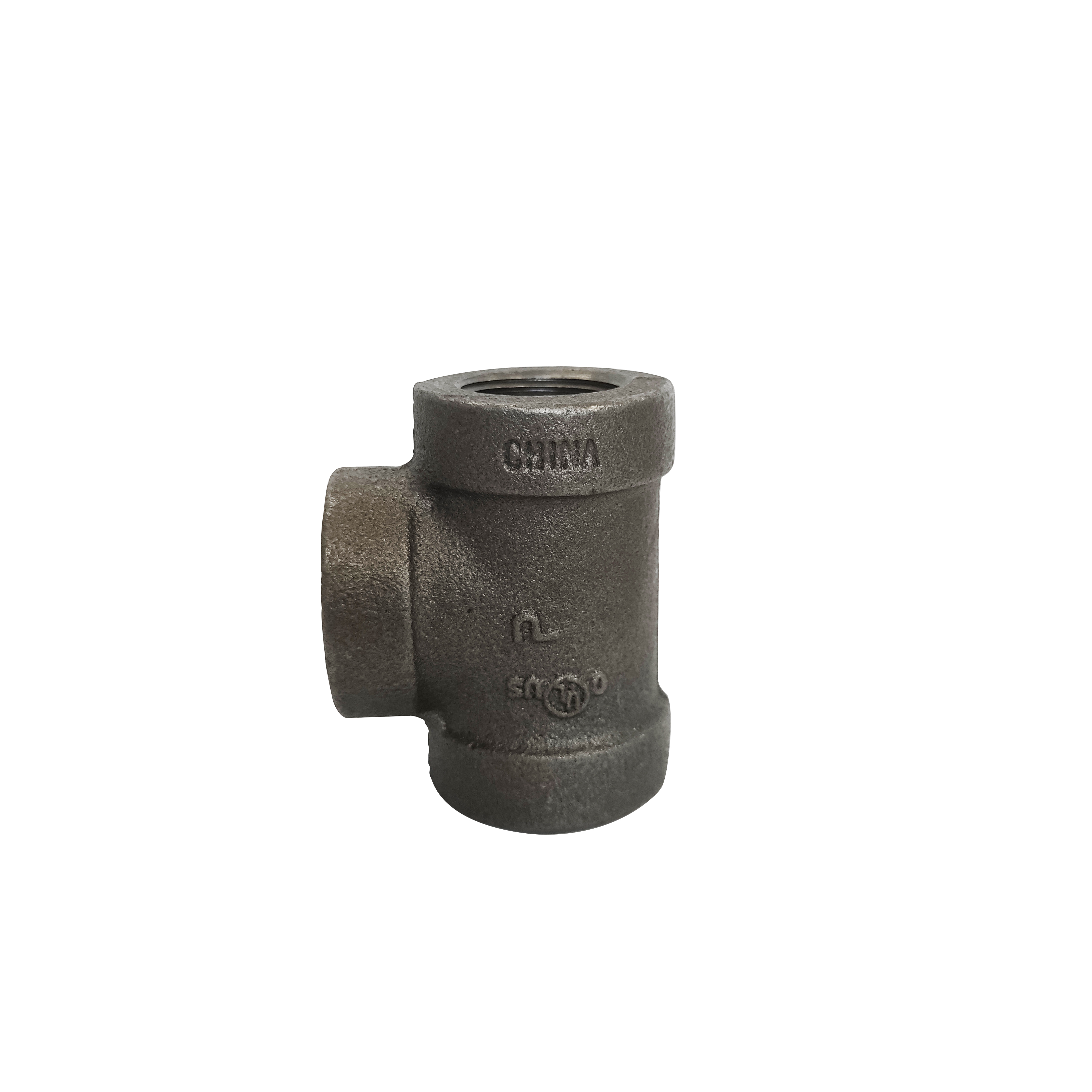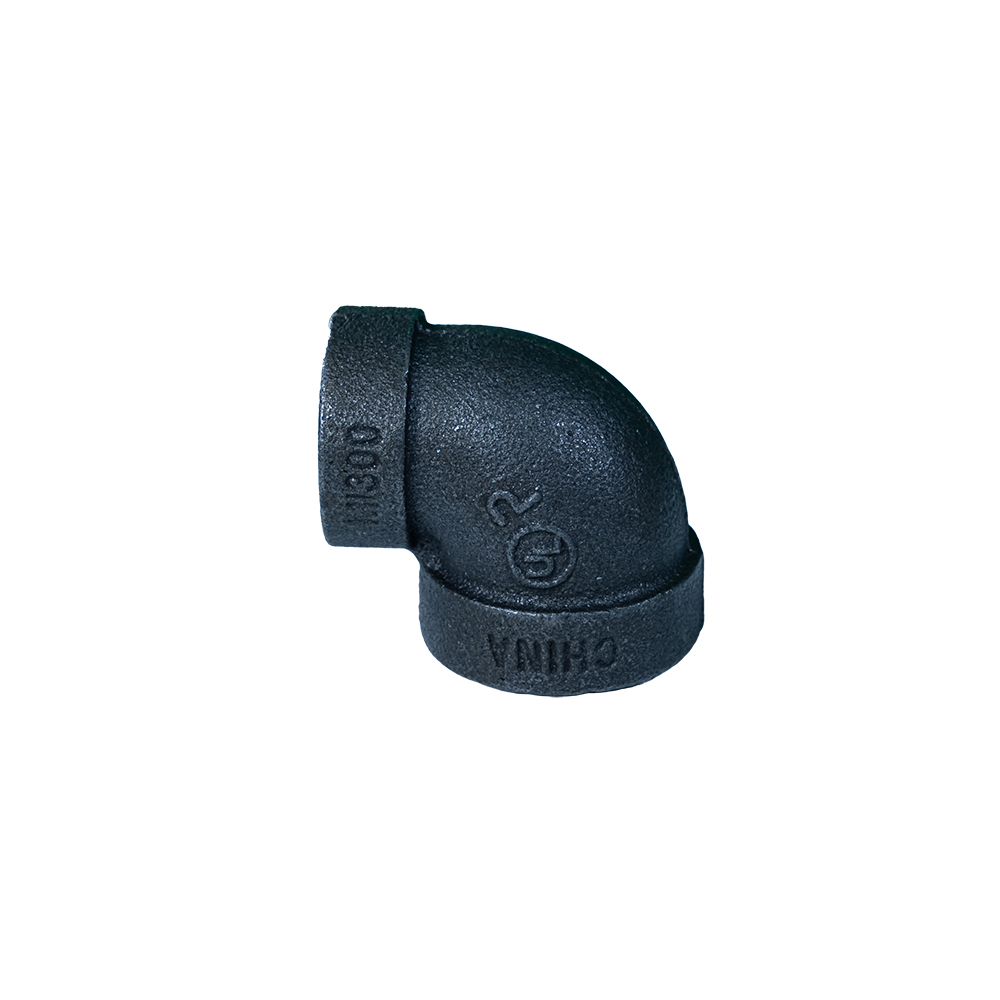Threaded connectors are integral components used in various mechanical, plumbing, electrical, and industrial systems to join pipes, tubes, or other components securely. Their versatility and reliability make them essential in ensuring tight, leak-proof, and strong connections. This article will delve into threaded connectors, particularly threaded metal connectors, explaining their types, uses, and benefits.
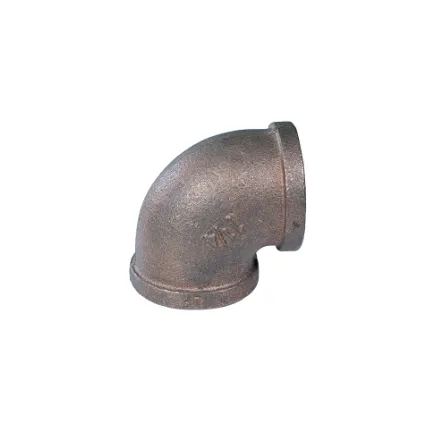
What is a Threaded Connector?
A threaded connector is a type of coupling that allows two components to be securely fastened together using internal and external threads. These threads, typically made from metal, are designed to fit snugly with their counterparts, creating a solid connection. Threaded connectors are commonly used for joining pipes, tubes, rods, and other elements in various applications across industries.
Threaded connectors can be classified into two main categories:
-
Male Threads: Threads that protrude outward from the surface.
-
Female Threads: Threads that are recessed or cut into a surface.
When a male-threaded connector is screwed into a female-threaded connector, they form a tight seal that prevents leaks and ensures strength and durability.
Types of Threaded Connectors
There are different types of threaded connectors designed for specific uses. Below are some of the most common types:
1. Threaded Metal Connectors
Threaded metal connectors are designed for applications that require high strength, durability, and resistance to harsh environments. These connectors are typically made from metals like steel, stainless steel, or brass, offering excellent resistance to corrosion, temperature fluctuations, and mechanical stress.
Key Features of Threaded Metal Connectors:
-
Corrosion Resistance: Materials like stainless steel are resistant to rust, making them ideal for outdoor or marine applications.
-
High Strength: Metal connectors are strong and can handle high-pressure systems, providing long-lasting durability.
-
Versatility: Threaded metal connectors are used in various industries such as construction, plumbing, automotive, and manufacturing.
Applications:
-
Plumbing Systems: Threaded metal connectors are used for joining pipes in residential, commercial, and industrial plumbing.
-
Automotive: These connectors are common in vehicle systems to secure hoses, pipes, and other components.
-
HVAC: Threaded metal connectors are essential in HVAC systems for securing ducts and pipes.
-
Oil and Gas: In these industries, threaded metal connectors are used in pipelines and equipment to ensure leak-proof connections.
2. Threaded PVC Connectors
Threaded PVC connectors are commonly used in plumbing and irrigation systems where corrosion resistance and ease of installation are essential. Made from polyvinyl chloride (PVC), these connectors are lightweight, easy to install, and resistant to corrosion caused by water and chemicals.
Key Features of Threaded PVC Connectors:
-
Lightweight: PVC connectors are much lighter than metal counterparts, making them easier to handle and install.
-
Corrosion Resistance: They offer excellent resistance to water and chemical corrosion.
-
Cost-Effective: PVC connectors are often less expensive than metal alternatives, making them a popular choice for budget-conscious projects.
Applications:
-
Water Supply: Common in plumbing and water distribution systems where weight and cost are important factors.
-
Irrigation Systems: Used in agriculture and gardening systems where water flow is essential.
3. Threaded Brass Connectors
Brass threaded connectors are known for their strength, durability, and resistance to corrosion. They are often used in environments where a connection needs to withstand high temperatures and pressure.
Key Features of Threaded Brass Connectors:
-
High Strength: Brass is a strong material that can handle higher pressures and heavy-duty applications.
-
Corrosion Resistance: Brass offers excellent resistance to corrosion, particularly in moist environments.
-
Thermal Conductivity: Brass is a good conductor of heat, making it ideal for certain industrial applications.
Applications:
-
Water and Gas Lines: Brass connectors are commonly used in both residential and commercial plumbing systems.
- Heat Exchange Systems: Brass connectors are often used in heating and cooling systems due to their excellent thermal conductivity.
4. Threaded Steel Connectors
Threaded steel connectors are used in high-strength applications where the connection needs to withstand heavy mechanical stress and pressure. Steel connectors are more robust than brass or PVC connectors, making them suitable for high-pressure pipelines or heavy-duty industrial machinery.
Key Features of Threaded Steel Connectors:
-
Strength and Durability: Steel offers excellent tensile strength, ensuring the connection can handle high pressures and loads.
-
Resistance to High Temperatures: Steel is ideal for high-temperature environments, making it useful in various industrial processes.
-
Wide Range of Applications: Steel threaded connectors can be used in multiple industries, including oil and gas, power generation, and manufacturing.
Applications:
-
Heavy Machinery: Used in industrial machinery to connect parts under high mechanical stress.
-
Power Plants: Used in systems that handle high pressures and temperatures.
Benefits of Using Threaded Connectors
1. Leak-Proof Seals
One of the primary advantages of threaded connectors, especially threaded metal connectors, is their ability to create a tight, leak-proof seal. This is essential in applications where the integrity of the system must be maintained, such as in plumbing, gas lines, and hydraulic systems.
2. Ease of Installation and Removal
Threaded connectors are relatively easy to install and remove compared to other types of fittings. The threads ensure a secure connection, and the components can be unscrewed when necessary for repairs, replacements, or maintenance without the need for special tools or welding.
3. Strength and Durability
Threaded connectors are designed to withstand mechanical stress, high temperatures, and corrosion. This makes them ideal for heavy-duty applications, ensuring a long-lasting, reliable connection.
4. Cost-Effective
While metal connectors may be more expensive than plastic or PVC connectors, they offer superior strength and reliability, making them a cost-effective solution for critical applications. Over time, the durability and minimal maintenance requirements of threaded connectors can offset their initial cost.
Threaded connectors, especially threaded metal connectors, play a vital role in connecting various pipes, tubes, and components in a wide range of industries. Whether made of steel, brass, PVC, or other materials, these connectors provide strength, durability, and a leak-proof seal that ensures the safety and reliability of your systems.
When selecting the right connector for your application, consider the material, strength requirements, corrosion resistance, and environmental conditions to ensure optimal performance. By understanding the types and uses of threaded connectors, you can make an informed choice that meets your needs while ensuring long-term reliability.
Post time: Feb-21-2025


